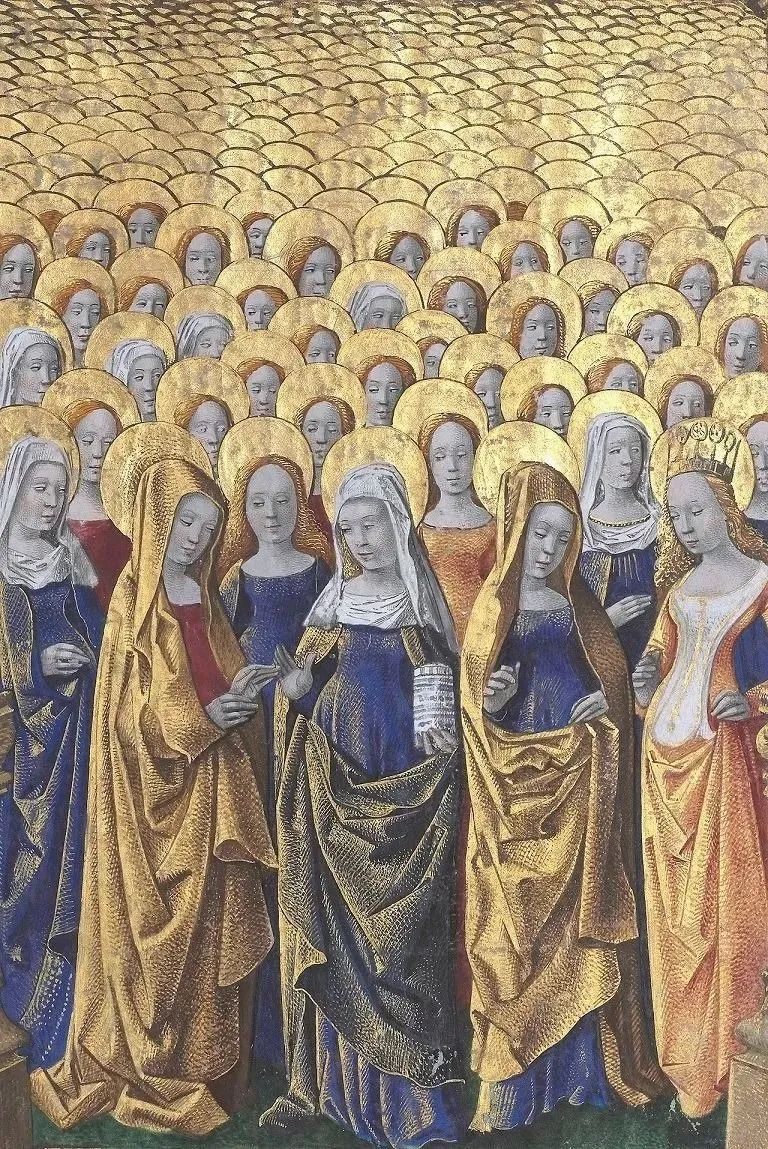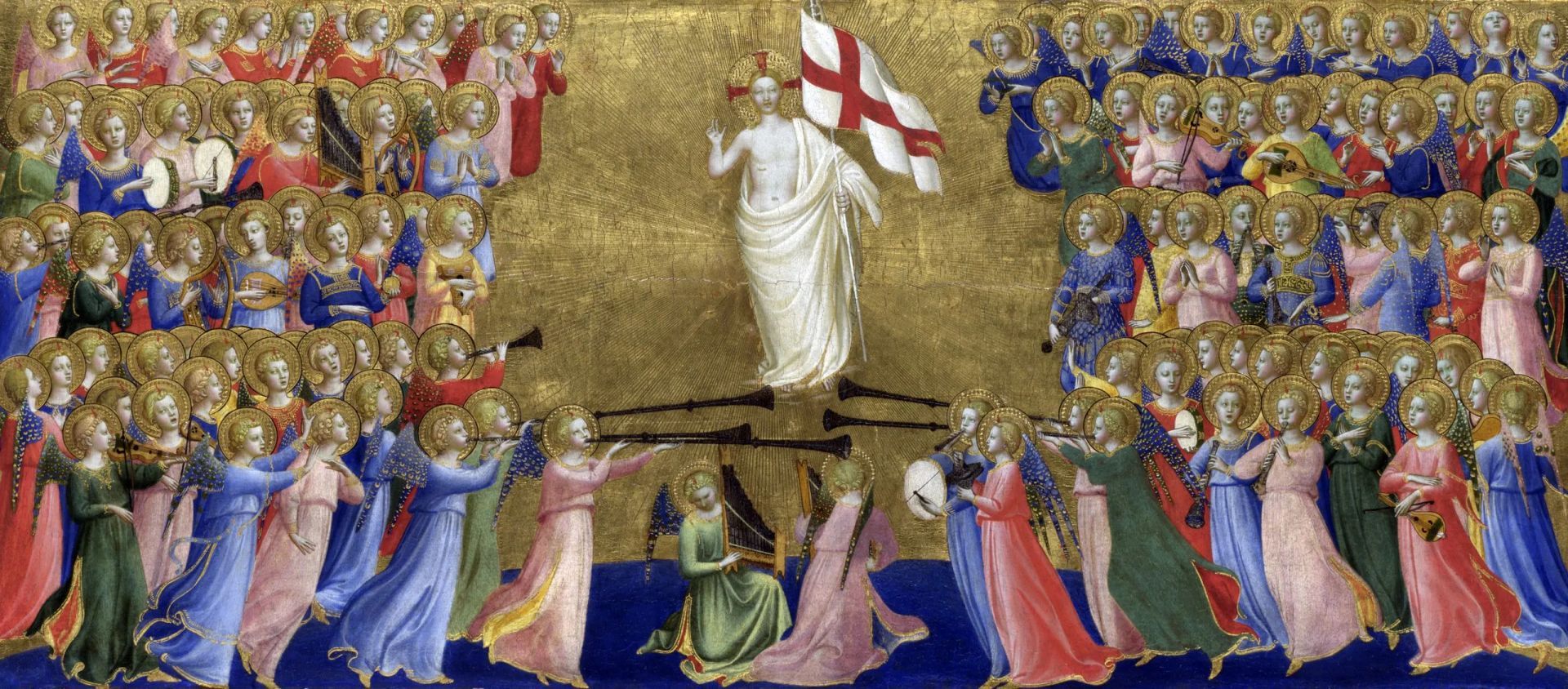Message of Abbot Paul - Sunday 21st May 2023
Abbot Paul • May 21, 2023


The High Priestly Prayer of Jesus with which his farewell discourse ends is found in chapter 17 of John’s Gospel. Jesus prayed in the presence of his disciples at the end of the Last Supper and then continued praying long into the night at Gethsemane in the presence of Peter, James and John, until he was betrayed by Judas and taken prisoner by the soldiers at the service of the high priests. However, our Mass lectionary has the first eleven verses as the Gospel for the 7th Sunday of Easter, the Sunday after Ascension. Jesus uses the word ‘glory’, in Greek ‘δόξα’, and the verb ‘glorify’, in Greek ‘ἐνδοξάζω’, to describe the way God is made known to human beings. John’s Gospel assumes that people were created by God for relationship or friendship with him. That is why this prayer can say that eternal life means “knowing the one true God and Jesus Christ, whom God has sent”. According to John, eternal life comes from a relationship with the eternal God. It begins now in faith, as people come to know the love of the God who made them and this life has a future through the promise of resurrection. Yet the gospel also recognizes that “No one has ever seen God”. God’s presence is hidden until God chooses to reveal it. The theme of glory has to do with the way revelation takes place. First, Jesus glorified God on earth by finishing the work God gave him to do. He honoured God through his obedience to God’s commands. During his public ministry Jesus taught what God wanted him to teach, and performed the healings and other works that God wanted him to perform. Such faithfulness honours God. Yet, in another sense Jesus glorified God by revealing God’s power. According to John, Jesus made divine power visible by the miraculous signs he performed. At the beginning of his ministry, Jesus manifested his glory by turning water into wine at Cana; and at the end of his ministry, he revealed the glory of God by calling the dead man Lazarus back to life.
A second element in Jesus’ prayer concerns the glory he will resume in heaven once his ministry on earth is over. This heavenly glory is something that the Son of God enjoyed before the world existed. To share in such glory is to share in divine honour, majesty and power. It was out of love that the Father gave the Son such glory before the foundation of the world, so that sharing in God’s glory means sharing in God’s love. By means of his passion Jesus will return to the Father and enter a heavenly glory that his followers on earth cannot fully perceive, but can hope to see in the future. Therefore, Jesus concludes his prayer by asking that those whom God has given him may one day be with him in God’s presence, to see the fullness of the glory that God gave to him in love. Now, if the signs reveal God’s glory by displaying divine power, the crucifixion reveals God’s glory by conveying divine love. The crucifixion completes Jesus’ work of glorifying God on earth, for by laying down his life he gives himself completely, so that the world may know of Jesus’ love for God and God’s love for the world. By his resurrection and ascension, Jesus returns to the heavenly glory that God prepared for him in love, and Jesus prays that his followers will one day join him in the Father’s presence to share in that glory and love. To the eye of faith, however, the glory of the exalted Lord is already present in the crucified body of Jesus. If glory defines what the crucifixion is, the crucifixion defines what glory is. The crucifixion manifests the scope of divine power by disclosing the depth of divine love.









